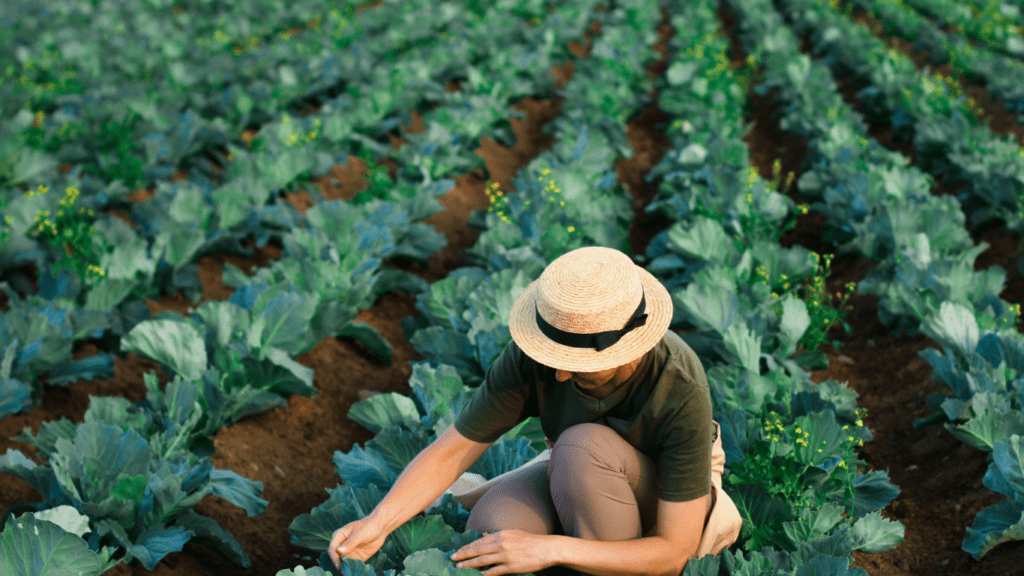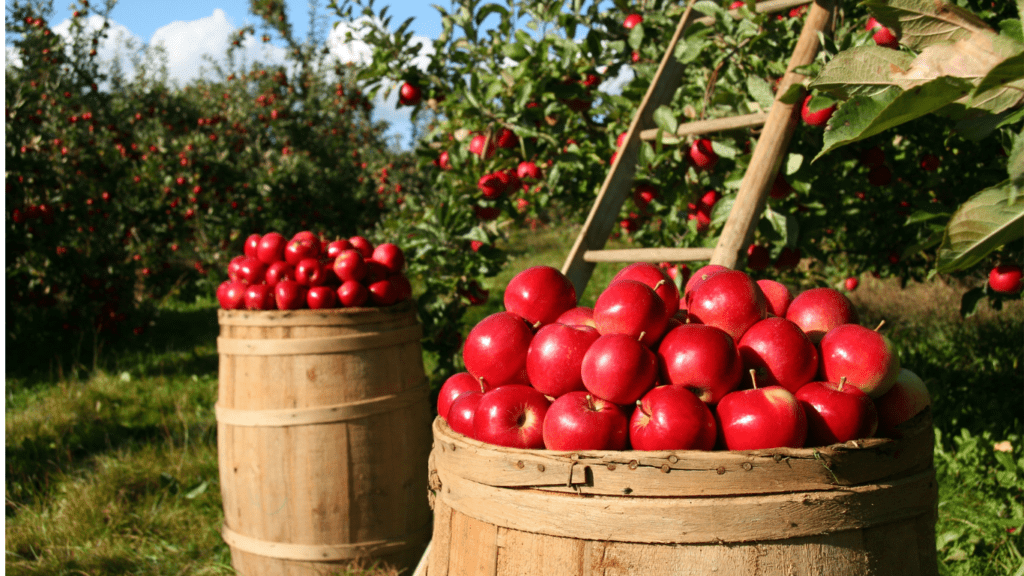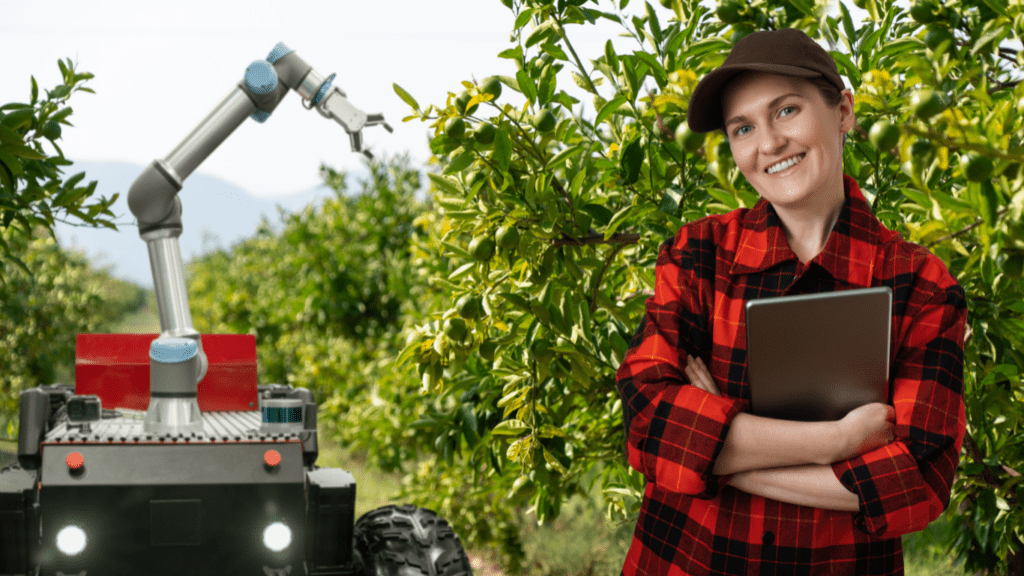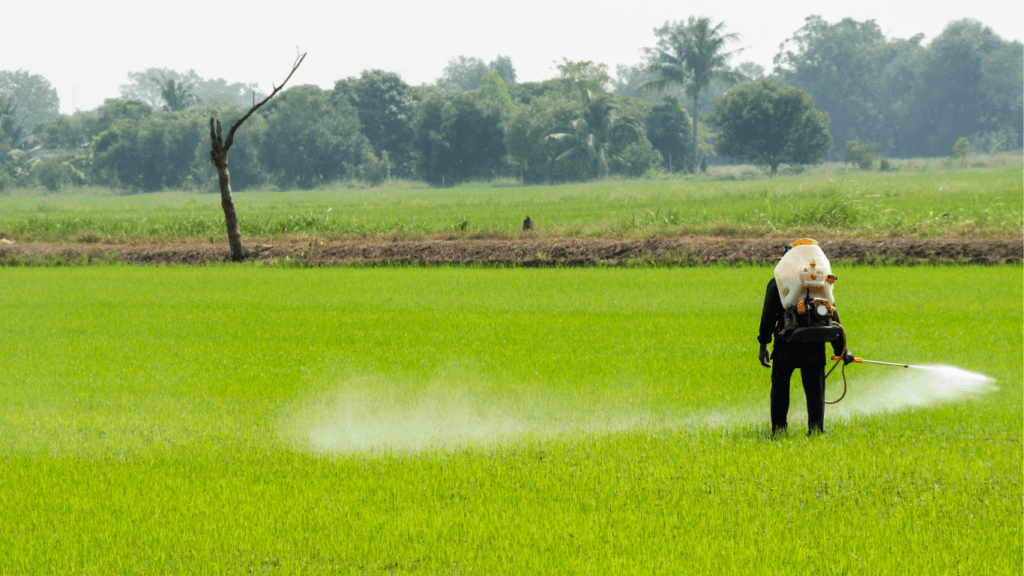Understanding Agribusiness
Agribusiness encompasses the collective business activities involved in food production, from farming to marketing. It integrates operations, services, and products necessary for the agricultural industry’s efficiency and effectiveness.
Key Components of Agribusiness
Farming involves the cultivation of plants and livestock. Farmers use advanced machinery and biotechnology to improve yield and efficiency.
Processing transforms raw products into consumable goods. Factories use methods like:
- pasteurization
- canning
- packaging
to ensure food safety.
Distribution handles the supply chain from producers to consumers. Effective logistics ensure that food reaches markets timely and safely.
Marketing promotes agricultural products. It includes branding, advertising, and sales strategies to reach diverse customer bases.
- Importance of Agribusiness in Food Security
Agribusiness ensures a steady supply of food by optimizing agricultural processes. By implementing sustainable practices, it combats issues like scarcity and environmental degradation. Companies use precision farming techniques to maximize resource use and crop yield.
- Technological Advancements in Agribusiness
Innovation drives agribusiness. Technologies like drones monitor crops, while GPS technology aids in land management. Data analytics help predict crop needs and market trends.
- Global Impact of Agribusiness
Agribusiness contributes to economic stability by creating jobs and supporting rural communities. It’s instrumental in international trade, affecting global food prices and availability.
Key Players in Agribusiness
Several key players significantly impact agribusiness and global food security. These entities range from multinational corporations to local farmers and agricultural cooperatives.
Multinational Corporations
Multinational corporations lead in agribusiness by leveraging extensive resources. Companies like Monsanto and Cargill utilize advanced technologies to enhance crop yield and efficiency.
They invest in research and innovation, creating genetically modified seeds and sustainable farming practices. These corporations operate globally, influencing food availability and prices in multiple countries.
Local Farmers
Local farmers form the backbone of agribusiness. They contribute to food security by producing diverse crops and livestock. Employing traditional and modern farming methods, they optimize land use and maintain biodiversity.
However, they often face challenges like limited access to technology and markets, which can restrict productivity and income.
Agricultural Cooperatives
Agricultural cooperatives empower small-scale farmers by providing them with shared resources and collective bargaining power. Entities like Land O’Lakes and Ocean Spray enable farmers to access advanced technologies, market their produce effectively, and achieve better pricing. These cooperatives enhance economic stability and improve food distribution within communities.
Agribusiness Practices and Techniques

Agribusiness practices and techniques have evolved significantly, improving efficiency and sustainability in food production.
Modern Farming Methods
Modern farming methods optimize productivity. Practices like precision agriculture use GPS and soil sampling to guide planting and fertilization. Crop rotation, involving different crops in succession, maintains soil fertility.
Conservation tillage, which reduces soil disruption, minimizes erosion and enhances water retention. These methods collectively enhance crop yield and soil health.
Technology in Agribusiness
Technology transforms agribusiness. Drones provide aerial views of fields, helping farmers monitor crop health and identify issues early.
Data analytics predict weather patterns and optimize planting schedules, reducing climate-related risks. Blockchain technology ensures transparency in supply chains, tracking products from farm to table and ensuring food safety. Technologies like AI and IoT streamline operations, reducing labor costs.
Sustainable Practices
Sustainable practices in agribusiness minimize environmental impact. Integrated pest management (IPM) combines biological, physical, and chemical tools to control pests with minimal harm.
Agroforestry integrates trees and shrubs into farming systems, enhancing biodiversity and soil health. Organic farming avoids synthetic inputs, promoting ecological balance. These practices ensure long-term productivity and environmental stewardship.
Impact on Food Production
Modern agribusiness significantly enhances food production through various innovative methods and technologies.
Increasing Crop Yields
Crop yields improve significantly with the adoption of advanced agribusiness practices. Precision agriculture, for example, uses GPS and remote sensing to optimize field-level management regarding crop farming. Farmers accurately map fields, analyze soil properties, and implement site-specific crop management to maximize yields.
Additionally, genetically modified organisms (GMOs) boost resistance to pests and diseases, allowing for greater productivity. The International Food Policy Research Institute (IFPRI) reports that these innovations can increase yields by 20-30% over traditional methods.
Reducing Food Waste
Agribusiness reduces food waste at multiple stages of production and distribution. Improved harvesting techniques and better storage facilities prevent post-harvest losses. For example, smart storage systems monitor temperature and humidity, reducing spoilage rates.
According to the Food and Agriculture Organization (FAO), approximately 14% of the world’s food is lost between harvest and retail. Agribusiness employs packaging innovations and better transportation logistics to ensure food reaches consumers in optimal condition, thus cutting waste.
Enhancing Supply Chain Efficiency
Effective agribusiness practices streamline the agricultural supply chain, enhancing overall efficiency. Blockchain technology tracks products from farm to table, providing transparency and reducing fraud. For instance, IBM’s Food Trust blockchain solution helps ensure food safety by tracing contamination sources within seconds.
Data analytics tools further optimize logistics by predicting demand and adjusting supply routes accordingly. This integration of technology ensures fresher products reach the market faster, benefiting both producers and consumers.
Challenges Faced by Agribusiness
Agribusiness faces numerous challenges that impact its effectiveness in ensuring global food security.
Climate Change
Climate change significantly affects agribusiness. Unpredictable weather patterns lead to crop failures and reduced yields. Extreme conditions like droughts and floods can devastate arable land, rendering it unusable.
Rising temperatures also exacerbate pest and disease outbreaks, further compromising crop health. According to the Intergovernmental Panel on Climate Change (IPCC), these challenges necessitate adaptive strategies in farming.
Market Volatility
Market volatility poses substantial risks to agribusiness. Price fluctuations for commodities like wheat, corn, and soybeans affect profitability.
Trade policies and tariffs can disrupt markets, creating uncertainty for producers. Currency exchange rates add another layer of complexity. According to the Food and Agriculture Organization (FAO), stabilizing market fluctuations is crucial for sustained agribusiness growth.
Ethical Considerations
Ethical considerations in agribusiness include labor practices and environmental impacts. Child labor and poor working conditions are prevalent issues in some regions.
Additionally, the environmental footprint of large-scale farming often raises concerns. Practices like deforestation and excessive water use deplete natural resources and harm ecosystems. Sustainable and ethical practices are essential to maintaining the integrity of agribusiness sectors.
Future Prospects for Agribusiness
Agribusiness continues evolving to meet global food security demands. Innovations and regulatory changes significantly impact this sector.
Innovations and Trends
Technological advancements drive agribusiness forward. Vertical farming increases urban food production efficiency, using less land and water. Biotechnological innovations, like CRISPR, improve crop resistance and yields. Similarly, artificial intelligence (AI) and machine learning optimize supply chain management and reduce waste.
Policy and Regulation
Government policies shape agribusiness practices. Subsidies encourage sustainable farming methods and research investments. Trade regulations affect international market access, influencing agribusiness profitability.
Environmental regulations ensure sustainable practices, addressing climate change impacts and conservation needs. Legislations promoting fair labor practices protect workers’ rights, enhancing the sector’s ethical standards.



